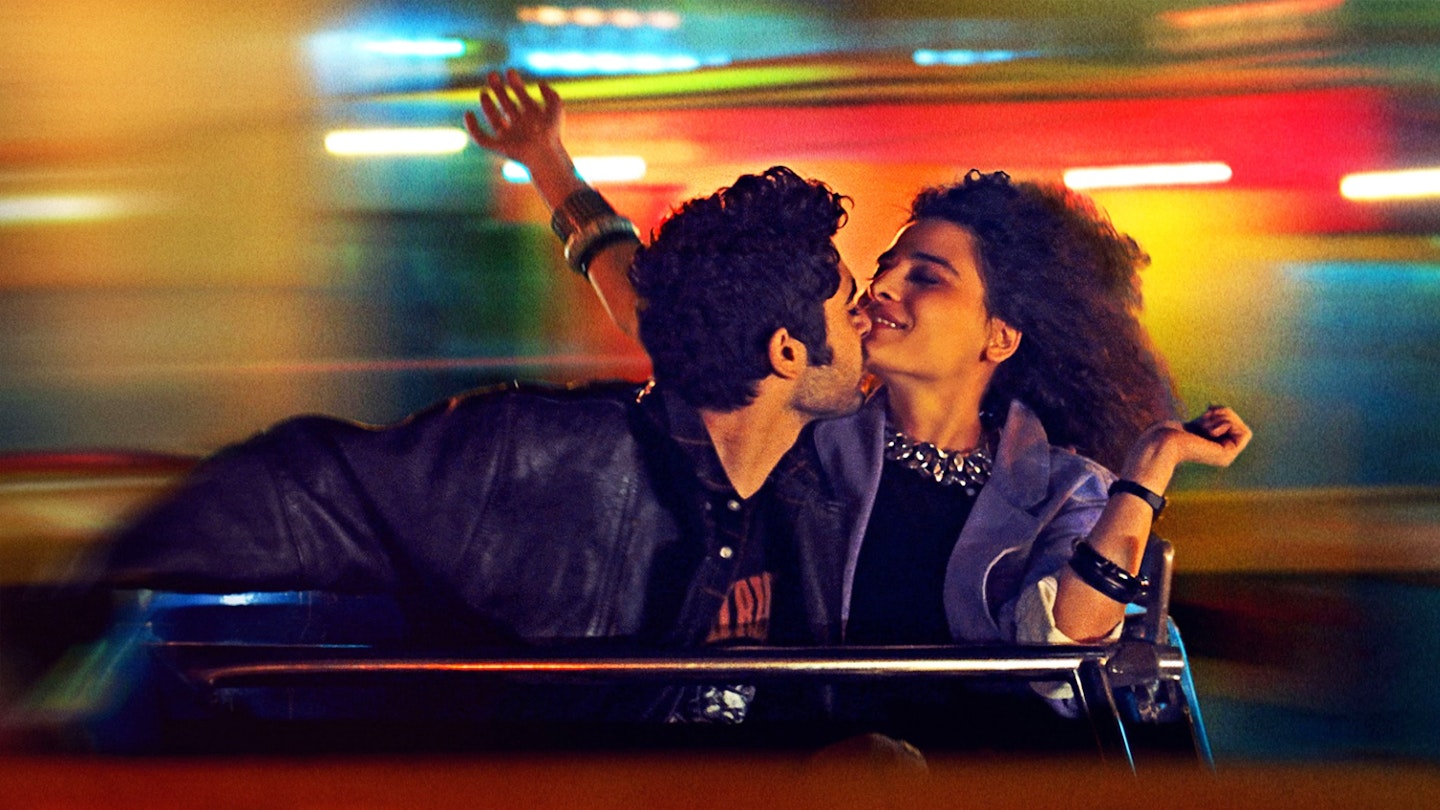No-one can accuse Joana Hadjithomas and Khalil Joreige of lacking ambition. The Lebanese filmmaking duo have set out to show not just the generational effects of living through a war, but the impossibility of accurately communicating that experience to the next generation. Even Maia’s (Rim Turki) most personal and tactile mementos — her journals full of teenage jottings, worn photographs and tapes of audio letters — are shown through the imagination of Alex (Paloma Vauthier), whose own correspondences are digital rather than analogue. While playing detective, she sends a steady stream of IM bulletins to a text group of friends who are both jealous and excited that she has discovered a portal to her mother’s past.

Magic happens when form and content harmonise, such as when Alex flicks through photos at a speed that increases until we are looking at continuous footage of teenage Maia (Manal Issa) laughing with her friends in ’80s Beirut, listening to music and falling in love with a local radio DJ. This is Alex’s sunny imagination taking flight, something distinct from later, when Maia narrates her own story of a darker time.
Back in the present, Alex has acquired these mementos sneakily, as both Téta (Clémence Sabbagh) and Maia hide them away, fearful that the box could be akin to Pandora’s. Maia has compartmentalised her history since moving to Canada and it has made her distant. Alex is determined to come closer to her, even if it means going against her mother’s wishes. Memory Box strains while trying to do emotional heavy-lifting on top of the Proustian meta-commentary about the relationship between past and present. Key relationship arcs feel compacted and are not as touching as they should be. Still, the actors are uniformly strong, and when the themes do come together, all this juggling with time is grounded — to powerful effect.
